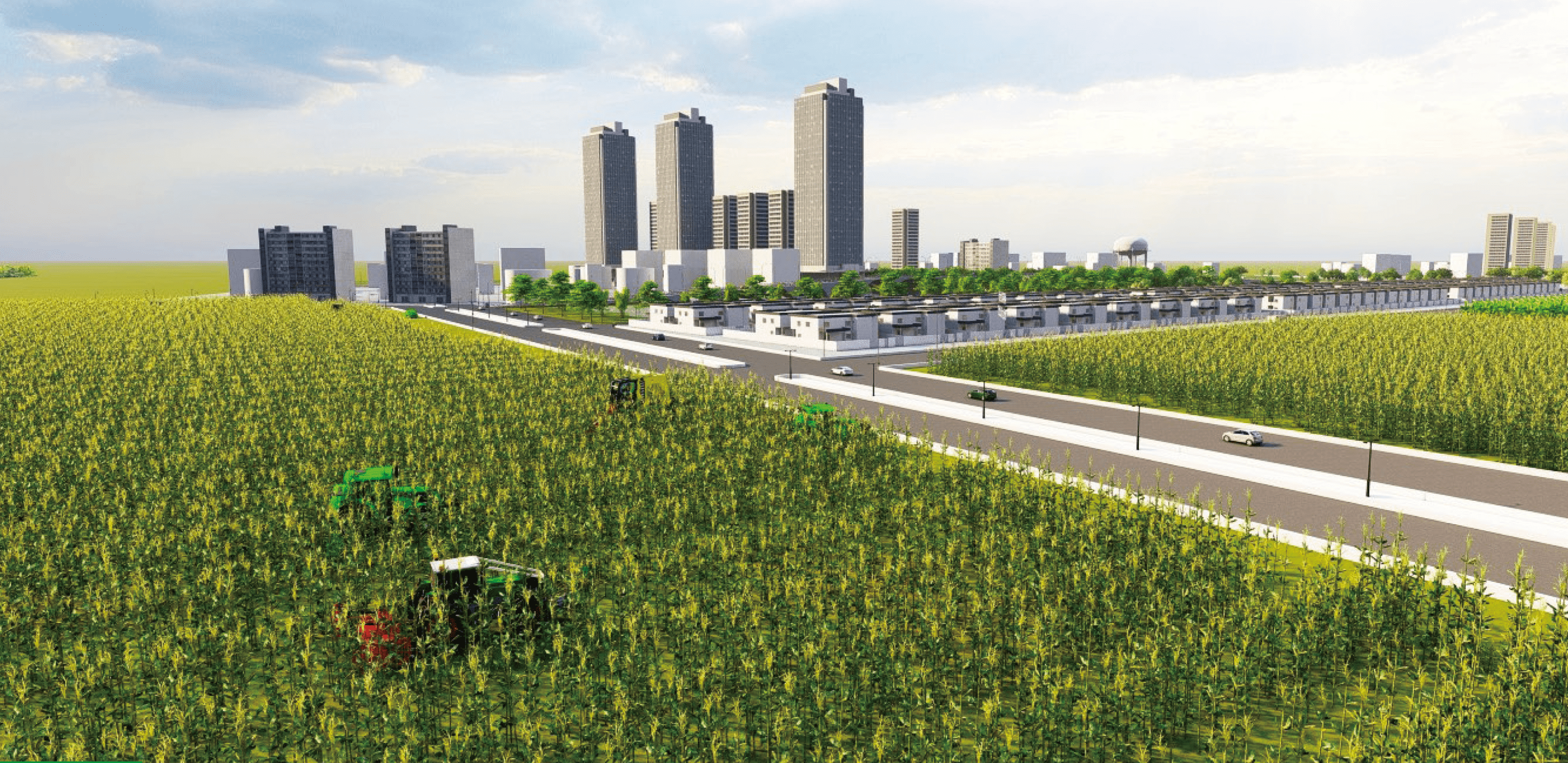Agro-industrial parks: a proven policy tool in line with the aspirations of the African Union Agenda 2063: The Africa We Want
24 November 2022

NIAMEY, 24 November - “The creation of five large agro-industrial zones, one in each region of Africa, will serve as major agricultural hubs on the continent, and it is time to stimulate private and public investments in the agro-industries,” said African Union’s Commissioner for Agriculture, Rural Development, Blue Economy, and Sustainable Environment, Josefa Sacko.
Speaking at a side event held on the margins of the AU Summit on Industrialization and Economic Diversification in Niamey, Niger, Sacko added that it was also the time to unleash the existing strong potential of the African capital market, such as pension funds, sovereign wealth funds, and private equity funds of African business personalities. “Agro-industrial parks have proven to be an effective policy tool to facilitate investment and help governments achieve their development agendas,” said UNIDO’s Division of Agribusiness and Infrastructure Development Director, Dejene Tezera.
The event, themed “The Common African Agro-Parks (CAAPs) as a vehicle for attracting private investments in establishing transboundary mega agro-industrial hubs on the continent” was co-organized by the United Nations Industrial Development Organization (UNIDO), the AUC, the Forum for Agricultural Research in Africa (FARA), the United Nations Economic Commission for Africa, the Food and Agriculture Organization, Member States and regional economic communities.
The CAAPs was set-up with the aim of establishing a number of cross-border agro-industrial parks within the regional economic communities. Conceptualized in 2019, the programme is one of the concrete initiatives of the Comprehensive African Agricultural Development Programme (CAADP) in support of the African Union Agenda 2063 and the CAADP Malabo commitments, in particular “tripling Intra-African trade for agricultural commodities and services.” The CAAPs also intend to provide over 8 million job opportunities within the crop and livestock value chains. The transboundary dimension of the CAAPs presents vast potential for developing cross-border market linkages to connect all agro-parks initiatives to respond to Africa’s food gap, presently filled by imports.
FARA’s Executive Director, Yemi Akinbamijo remarked that it was time for action and that “Africa can no longer rely on its neighbours to build its own granary”. Zambia’s Minister of Commerce, Trade and Industry, Chipoka Mulenga and Zimbabwe’s Minister of Industry and Commerce, Sekai. I. Nzenza expressed their optimism for the Common Agro-Industrial Park initiative, the first joint-programme to be piloted under the CAAP. Both Ministers remarked that the initiative will strengthen intra-African trade, food security and food exports.
The event brought together 100 participants and stakeholders from various fields. Francois Kanimba, the Commissioner of the Economic Community of Central African States responsible for Common Market, Economic, Monetary and Financial Affairs stressed the critical role that CAAP will play in promoting agricultural value chains at the regional and continent levels. A publication, “Guidelines for Planning, Development and Management of Integrated Agro-Food Parks (IAFPs)” was also released. The guidelines provide recommendations on how IAFPs can be adapted to local conditions and dynamics. They were developed based on best practices compiled from UNIDO’s pilot projects benchmarked against prevailing international standards.
In accordance with the United Nations General Assembly’s resolution passed in 2016, UNIDO is tasked with leading the implementation of the Third Industrial Development Decade for Africa in cooperation with the African Union and other partners.
For more information please visit: https://www.unido.org/AIW2022